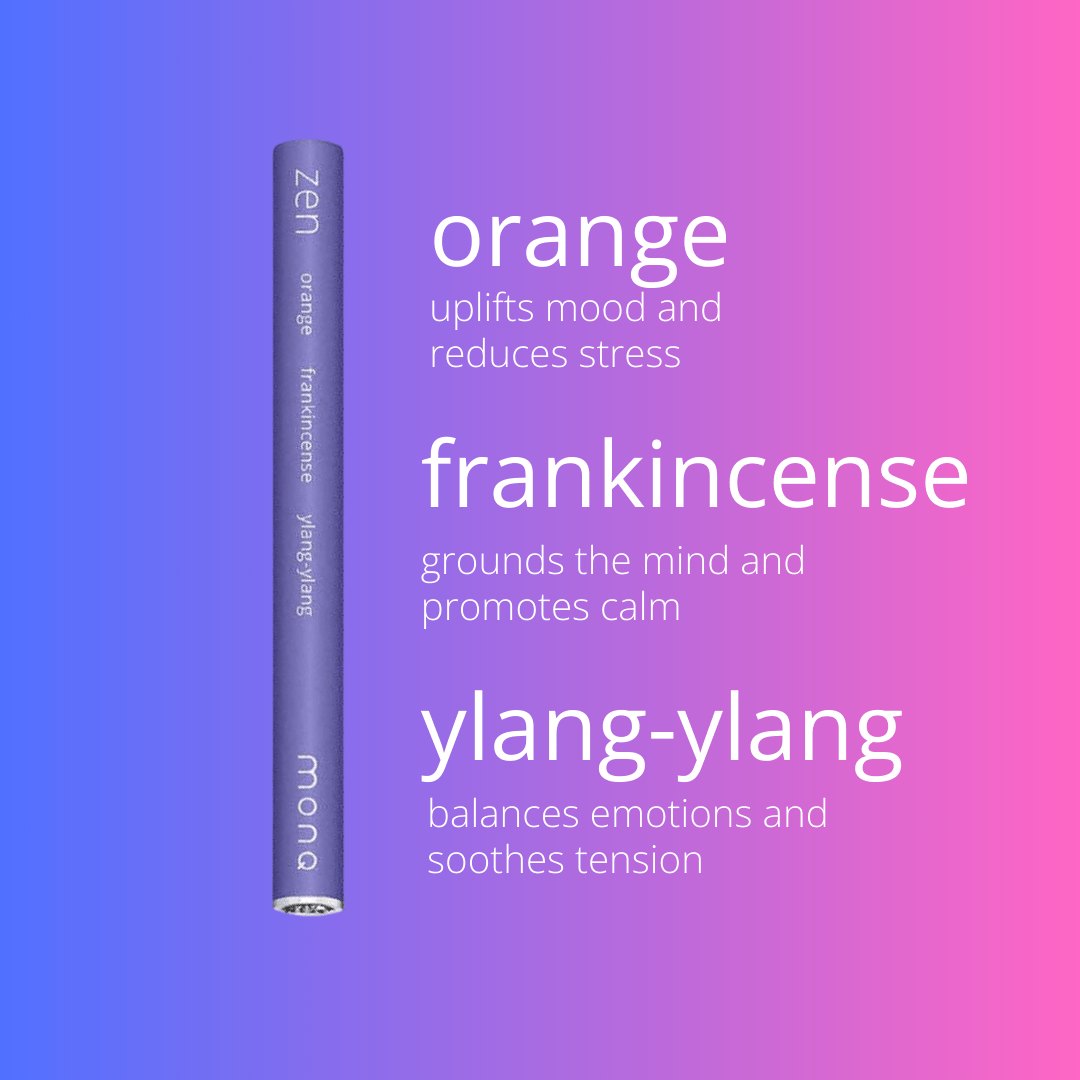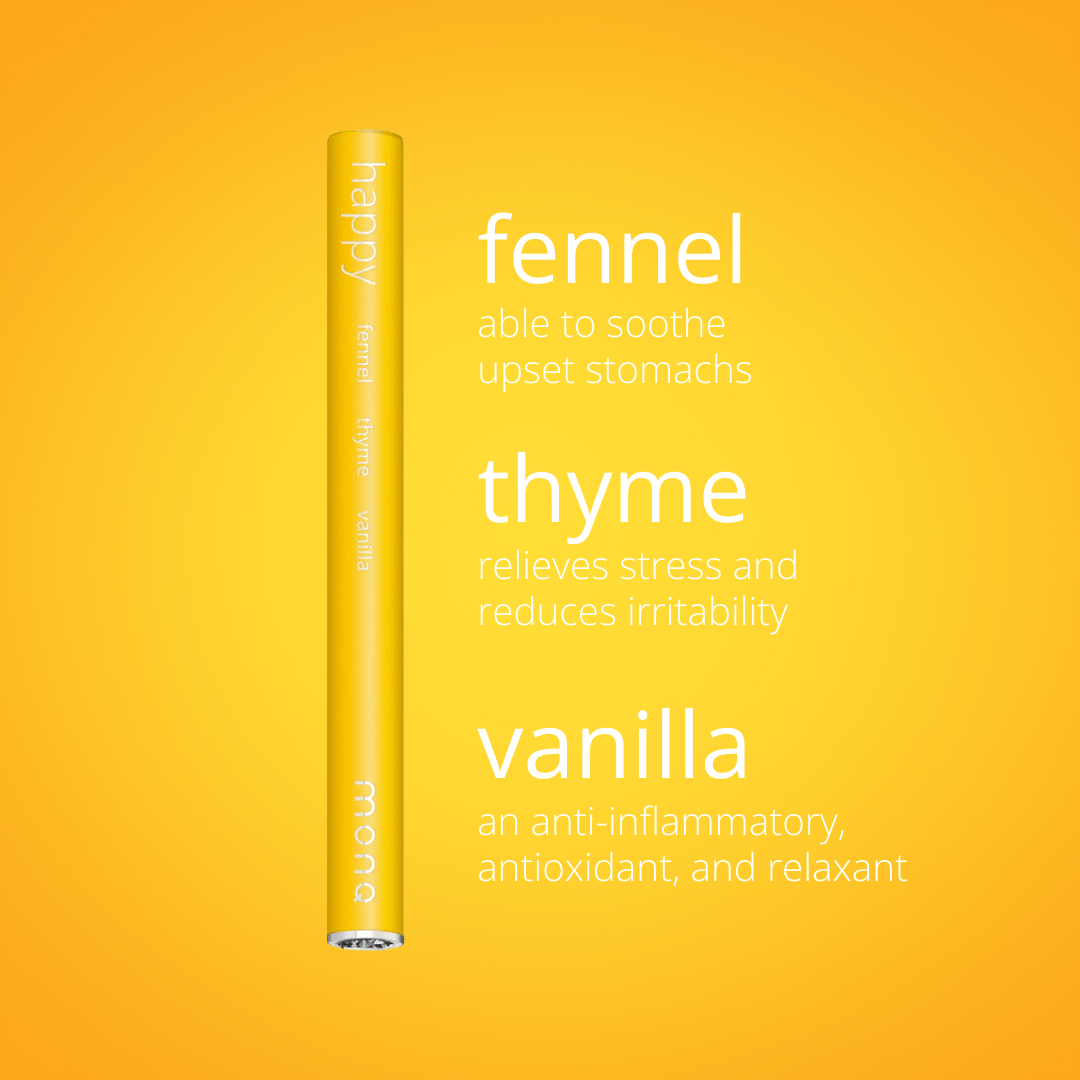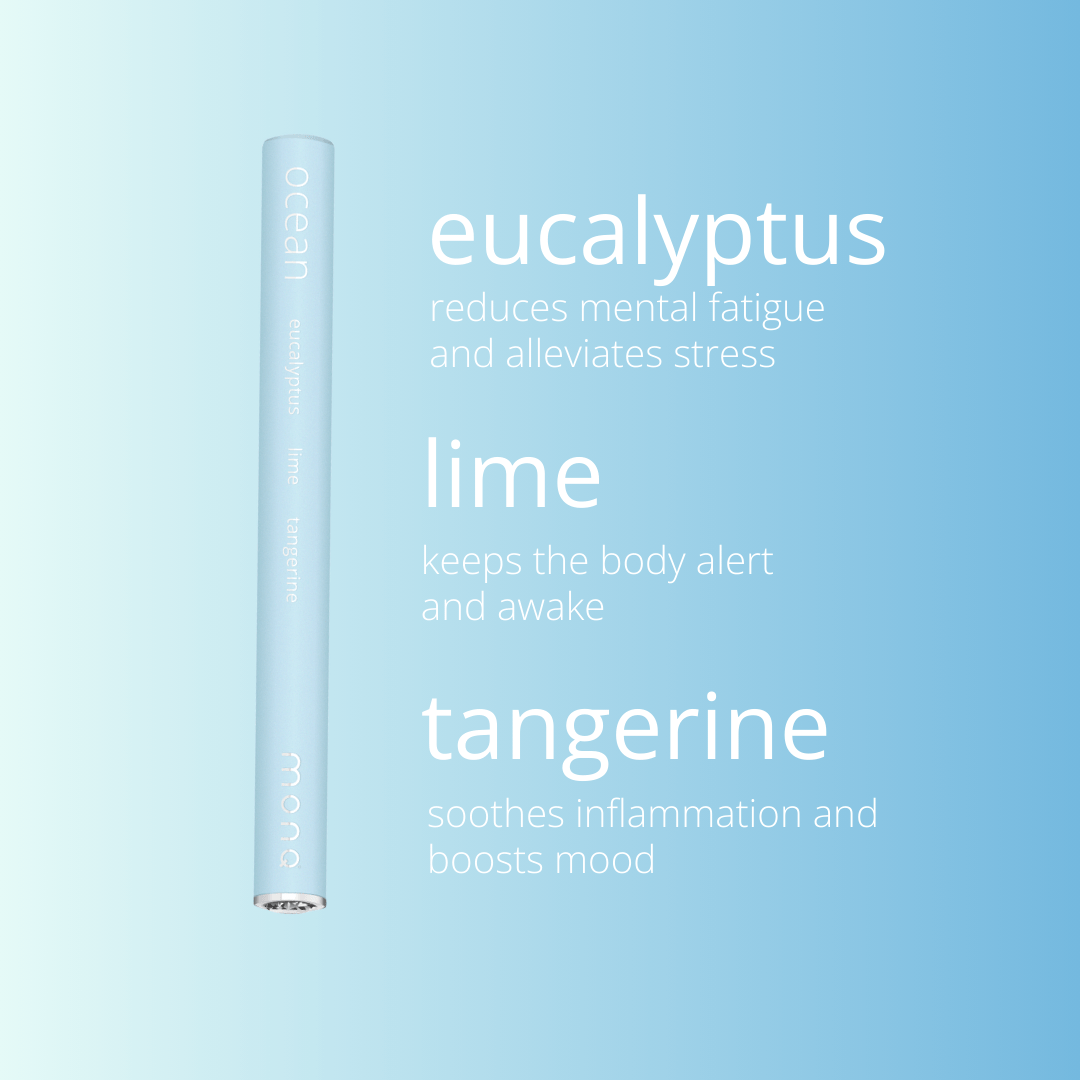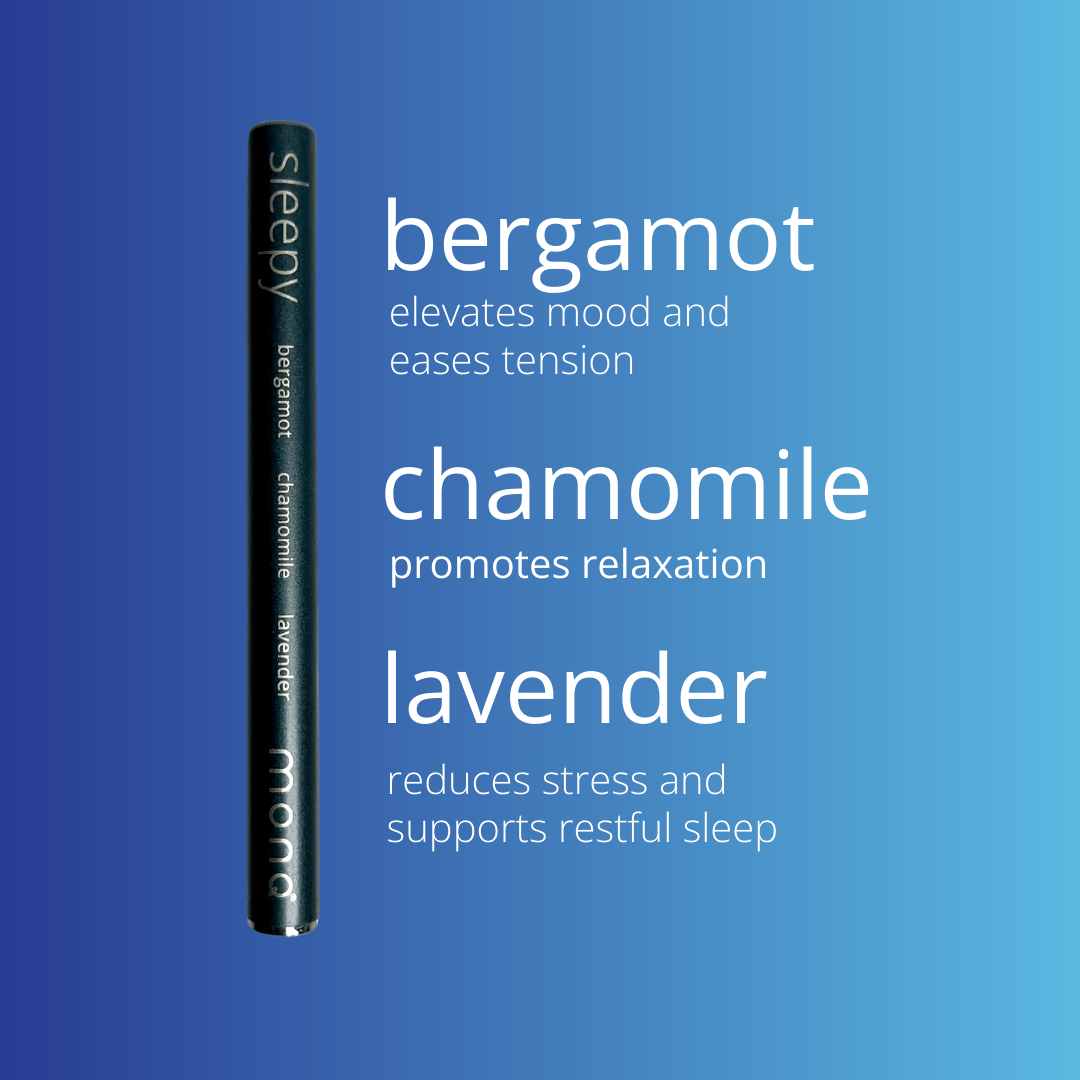Safe Solutions for Mosquitoes and Garden Pests

When mosquitoes are buzzing around, many people reach for commercial bug sprays filled with synthetic chemicals. While these sprays may seem effective, they often come with potential health and environmental risks. Your skin, the body's largest organ, absorbs many substances, so opting for natural alternatives can be a smarter choice for both your health and the environment.
Similarly, while growing your own food can help you avoid harmful pesticides, garden pests might prompt you to consider chemical solutions. Fortunately, there are effective DIY remedies you can create with ingredients you likely have at home.
Understanding Commercial Bug Sprays
Commercial bug sprays often contain ingredients like DEET, Cyfluthrin, Permethrin, and Pyrethroids. Each of these has potential drawbacks:
-
DEET (N,N-Diethyl-meta-toluamide): Known for its effectiveness against mosquitoes and ticks, DEET can be absorbed into the skin and has been linked to memory loss, seizures, and skin irritation. It can also potentially contaminate groundwater.
-
Cyfluthrin: This chemical is associated with symptoms like loss of coordination and muscle trembling. It is also harmful to fish, honeybees, and other aquatic life.
-
Permethrin: Used in both outdoor gear and as a pesticide, Permethrin has been connected to seizures, neurotoxicity, and memory problems. It is also toxic to honeybees and aquatic organisms.
-
Pyrethroids: This large group of chemicals is linked to nausea, incoordination, and burning sensations. They are also harmful to aquatic life.
Natural Bug Spray Alternatives
Essential oils offer a safer alternative for repelling insects. Some of the most effective ones include citronella, lavender, sweet basil, lemon eucalyptus, peppermint, catnip, clary sage, and tea tree. You can mix these oils to create a pleasant fragrance while keeping bugs away.
DIY Essential Oil Bug Spray Recipe:
-
Ingredients:
- 1 dark glass spray bottle (blue or amber)
- Water
- Vodka or rubbing alcohol
- Witch hazel
- 50-100 drops of essential oil(s) of your choice
-
Instructions:
- In the dark glass spray bottle, combine one part vodka or rubbing alcohol, one part witch hazel, and two parts water.
- Add 50-100 drops of your chosen essential oils.
- Shake well and spray on clothing before going outdoors.
Alternatives to Commercial Pesticides
Commercial pesticides can be detrimental to both health and the environment. They often contaminate water and soil, and can contribute to various health issues such as:
- Respiratory problems
- Nausea
- Abdominal cramps
- Dizziness
- Anxiety
- Confusion
- Diarrhea
- Depression
- Memory disorders
- Parkinson’s disease
To reduce exposure, consider buying organic fruits and vegetables and avoid using commercial pesticides in your garden and home.
DIY Pesticide Recipes:
-
Simple Insecticide:
-
Ingredients:
- 1 cup vegetable oil
- 1 tbsp liquid Castile soap
- 2 tsp of the mixture
- 1 quart of water
-
Instructions:
- Mix the vegetable oil and Castile soap.
- Add 2 tsp of the mixture to a quart of water in a spray bottle.
- Spray directly onto affected plants.
-
Ingredients:
-
All-in-One Insecticide:
-
Ingredients:
- 1 bulb garlic
- 1 small onion
- 1 tsp cayenne pepper
- 1 tbsp liquid Castile soap
-
Instructions:
- Puree garlic, onion, and cayenne pepper.
- Mix in Castile soap.
- Let steep for one hour, then strain.
- Spray the solution undiluted on the upper and lower surfaces of leaves.
-
Ingredients:
-
Essential Oil Insecticide:
-
Ingredients:
- 1/4 cup liquid Castile soap
- 1 tsp sweet orange essential oil
- 1 tsp cedarwood essential oil
-
Instructions:
- Combine Castile soap with essential oils.
- Transfer to a spray bottle and fill with water.
- Shake well and apply directly to pests or plants.
-
Ingredients:
By experimenting with these natural alternatives, you can effectively manage pests without relying on harsh chemicals. A little creativity can go a long way in maintaining a healthier home and garden.








Leave a comment